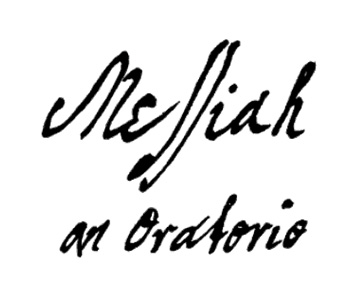The city of Dublin witnessed a musical event that would echo through the ages—the inaugural performance of George Frideric Handel’s oratorio, “Messiah,” which happened on April 13, 1742. This masterpiece, now a cornerstone of the choral repertoire, had its humble beginnings in the modest Great Music Hall on Fishamble Street.
Handel found himself at a crossroads during the summer of 1741. His operatic ventures in London were faltering, and his health was deteriorating. To start anew, he accepted an invitation to perform a series of concerts in Dublin. Handel composed “Messiah” in an astonishing 24 days during this personal and professional uncertainty. The libretto, crafted by Charles Jennens, drew from the King James Bible, offering a contemplative narrative on the life and significance of Jesus Christ.
The anticipation for ‘Messiah’ was palpable. The overwhelming demand led to a unique request from the management: ladies were asked to refrain from wearing hoops in their dresses, and gentlemen were requested to leave their swords at home. This unusual measure was taken to accommodate more attendees, adding to the excitement. Over 700 people crammed into the hall for the Dublin debut, each eager to witness this new oratorio.
The performance featured a modest ensemble, which added to the intimacy of the experience. A choir of 26 boys and five men from St. Patrick’s and Christ Church cathedrals combined alongside soloists Christina Maria Avoglio (soprano) and Susannah Cibber (contralto). The orchestra, comprising strings, two trumpets, and timpani, was led by Handel, adding a personal touch to the proceedings.
The premiere was met with overwhelming praise. Contemporary reports lauded the performance, noting, “Words want to express the exquisite delight it afforded to the admiring and crowded audience.” The proceeds benefited several local charities. Despite its triumphant debut, “Messiah” faced a mediocre reception upon its London premiere the following year. However, it has gained immense popularity over time, becoming a staple of the choral repertoire and a symbol of musical genius.

